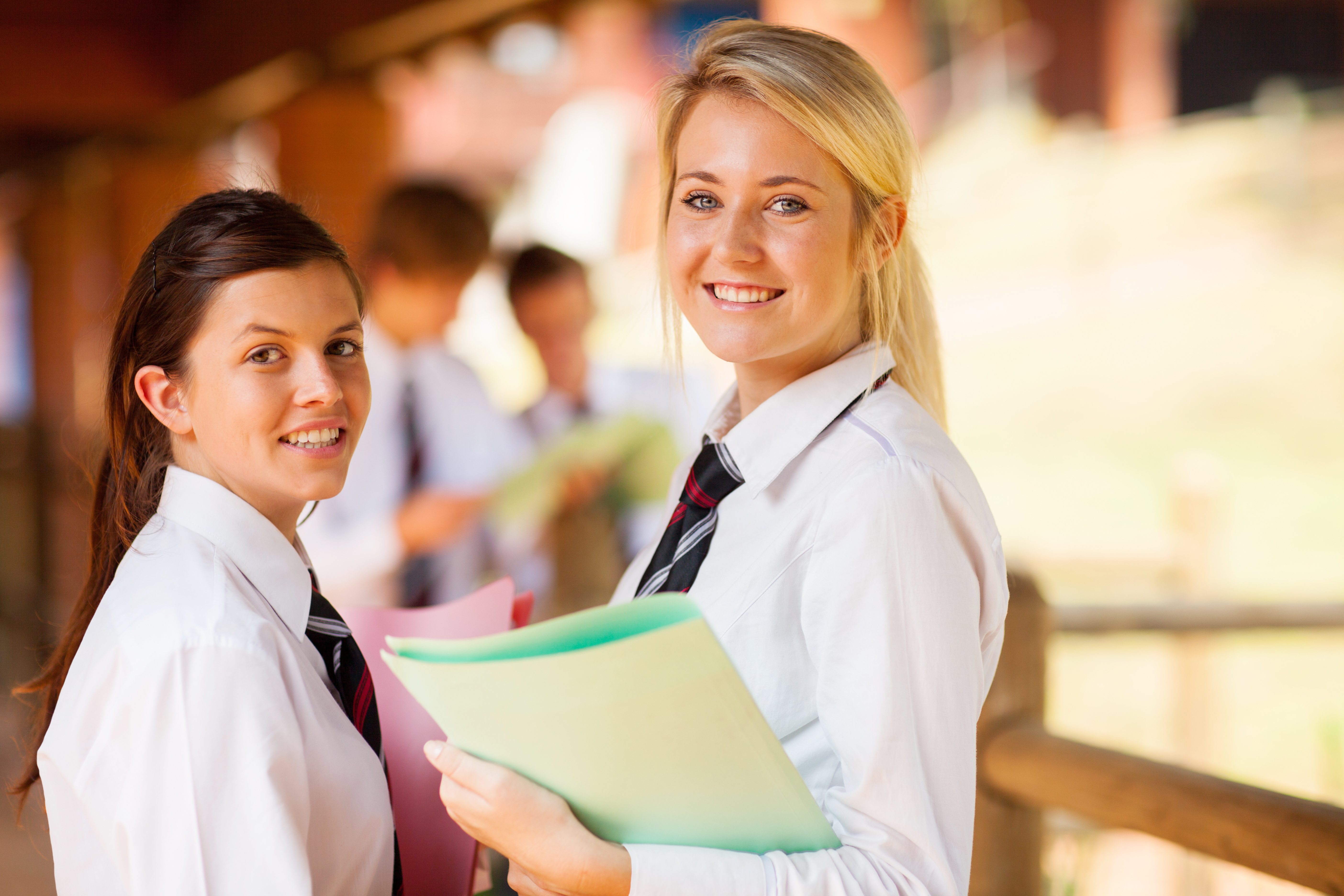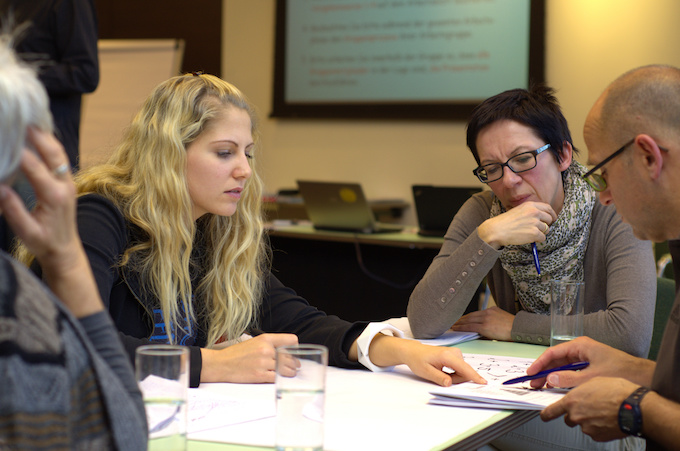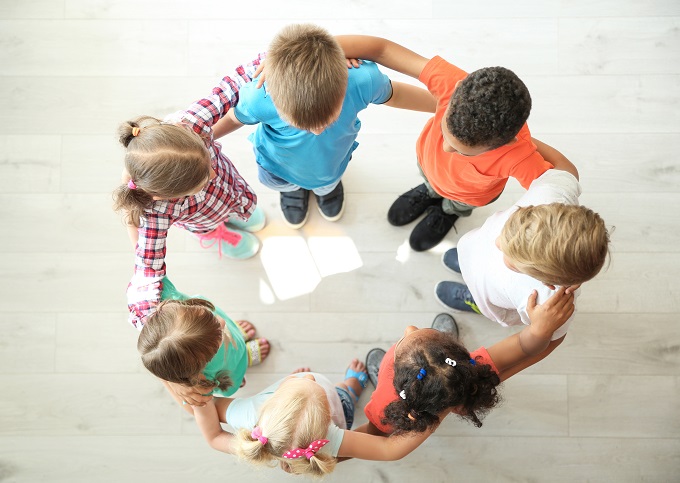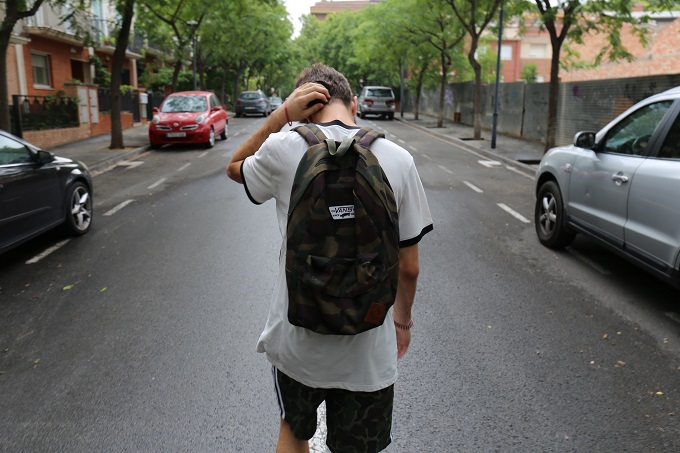
Developed by psychologists Robert Yerkes and John Dodson back in 1908, one of the oldest laws in psychology is the Yerkes-Dodson law, which suggests an empirical relationship between arousal and performance.
The law dictates that performance increases with physiological or mental arousal, but only up to a point, as too much stress can lead to performance drops and burnout.
A decade after Yerkes and Dodson published their research, the most severe pandemic in recent history, the Spanish flu, infected 500 million people and killed more than 50 million. Human beings faced, overcame, and were transformed by that adversity, and – with the right wellbeing strategies – the Year 12 class of 2020 can, too.
Psychologists who work with young people often say that the right amount of stress can help get things done and should be seen as a normal part of life for any student.
Year 12 is often accompanied by an increased workload, expectations and academic demands, combined with a host of future hopes and dreams. Pre-COVID19, Mission Australia research in 2019 showed one-third of students were either very or extremely worried about school and exams.
COVID-19 has further complicated Year 12 for the 2020 cohort.
Just as the virus affects different people in different ways physically, so too will students’ responses to the social and psychological consequences of the pandemic.
Some students may feel overwhelmed, anxious or even sad. No one could have predicted how this year would unfold, and this may cause feelings of grief and loss in students who envisaged their final year of school proceeding very differently, and who are disappointed at the loss of so many significant rites of passage.
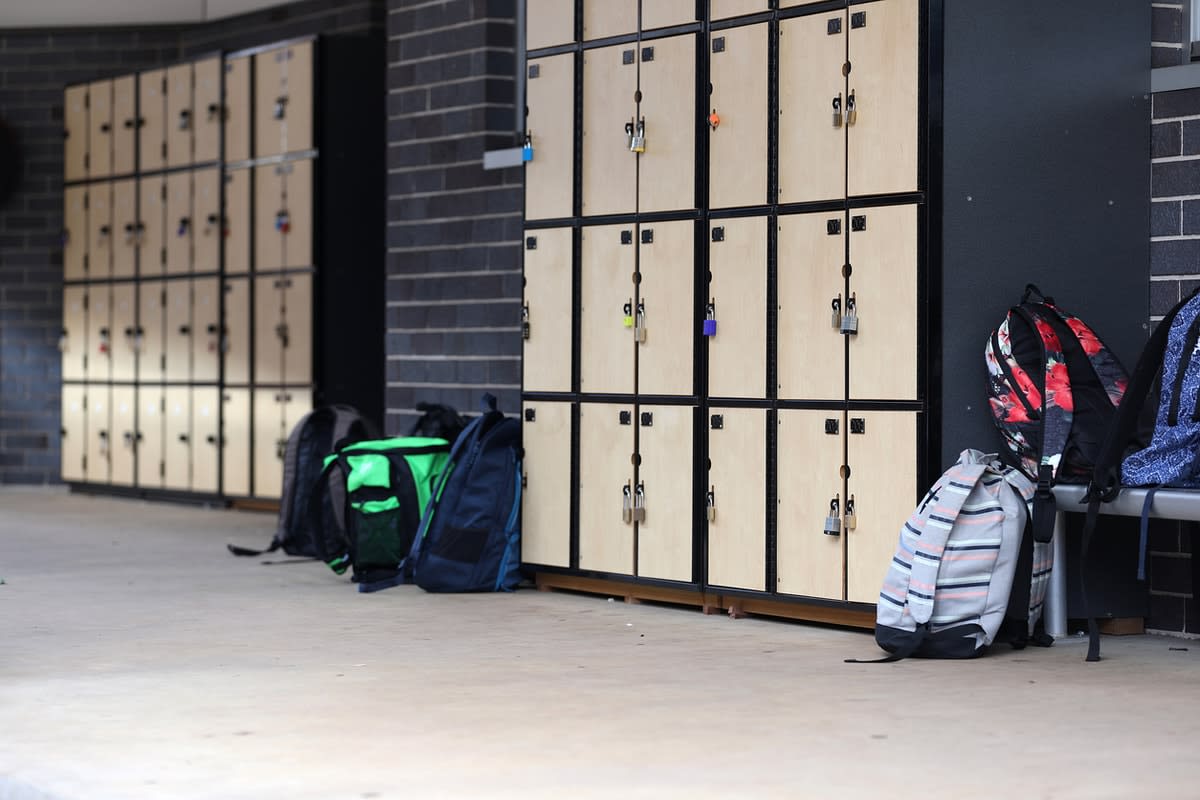
Students want to know that their teachers and parents are available to support them – not just academically, but also emotionally. As social restrictions loosen, a balance must be struck between academic workload and social life, particularly as students will be seeking to re-engage with friends they’ve missed during the lockdown.
When stress overwhelms a young person, parents and teachers can set the emotional tone – alert but not alarmed. There are five key messages that should be on high rotation in Australian families and schools right now.
COVID-19 has inserted a bookmark in the lives of Year 12 students. Some will recall the year positively; others will remember it as challenging. Everyone’s experience will differ, and collective assumptions about how students feel should be avoided, but surely all will remember these months as a significant time.
So, our best advice for Year 12 students?
There’s a well-known Latin quote from Virgil about time’s effect on our memory of traumatic events. The phrase “Forsan et haec olim meminisse iuvabit” has been construed in myriad ways through the centuries, but in essence means: “Perhaps it will be a pleasure to remember even these things someday.”
A pleasure? Maybe not. But, some translators argue that Virgil actually meant “help”, and students undoubtedly have much to draw on from their experiences to assist them in their lives.
Who knows – perhaps it will be a help to remember even these things someday?

